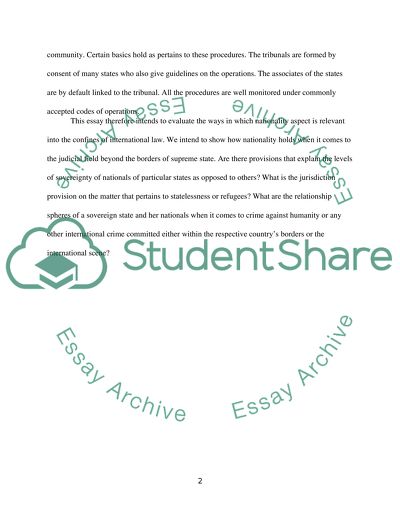Cite this document
(“Nationality and international judicial process Essay”, n.d.)
Retrieved from https://studentshare.org/law/1404607-law
Retrieved from https://studentshare.org/law/1404607-law
(Nationality and International Judicial Process Essay)
https://studentshare.org/law/1404607-law.
https://studentshare.org/law/1404607-law.
“Nationality and International Judicial Process Essay”, n.d. https://studentshare.org/law/1404607-law.


